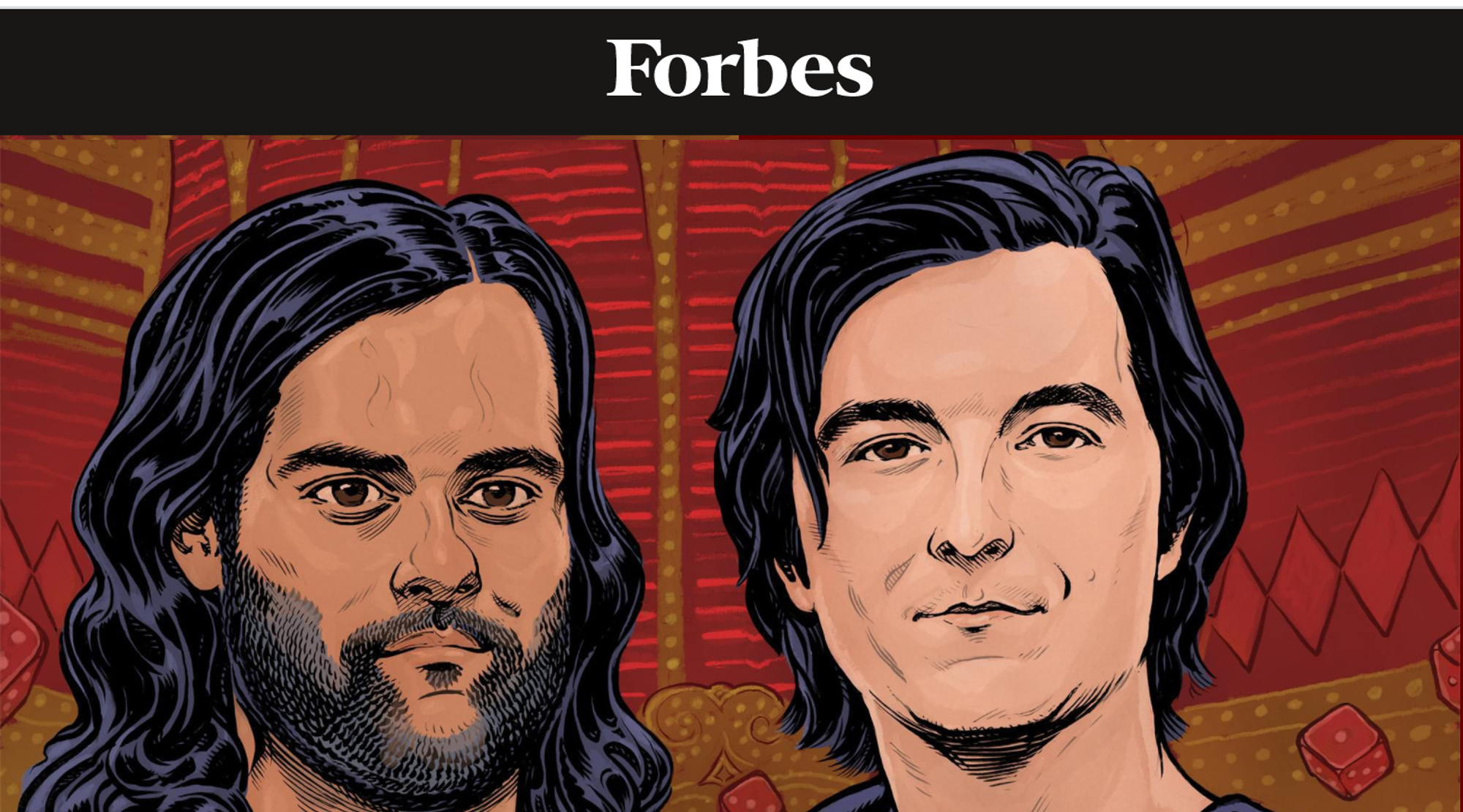

In the past ten years since the financial crisis, housing costs have increased 26 percent, medical expenses have risen 33 percent, and college tuition has gone up by 45 percent.

While the United States is preoccupied with a pandemic and a mounting recession, a struggle of federalism in the banking sector is playing out in real time. What’s worse is that a small but deeply problematic corner of the banking system is providing the transmission lines for this high-cost, tech-driven credit, and banking regulators are proving to be reliable allies in beating back attempts by state consumer watchdogs to tamp down on this predatory fintech finance. Yet the truth of some fintech lending for many struggling households has a much darker side-one that in many ways is just a dressed-up version of age-old, high-cost payday lending. Industry executives proclaim that “Fintechs have a unique capability to extend financial inclusion, improve the daily lives of people and spur growth.” 1 They argue that “hile the virus may have forced us to adjust the way we operate, it hasn’t halted either progress or our commitment to this cause.” 2

Fintech lending firms boast their use of sophisticated machine learning algorithms and alternative data to reshape credit scoring and open the market to those who have long been shut out of mainstream finance. In the years since the 2008 financial crisis, and with renewed vigor since the onset of the coronavirus pandemic, law and policy makers have been enamored with the promise of financial technology or “fintech.” Tech industry enthusiasts and think tanks proclaim that fintech will democratize finance, bank the unbanked, and furnish access to affordable credit for all.


 0 kommentar(er)
0 kommentar(er)
